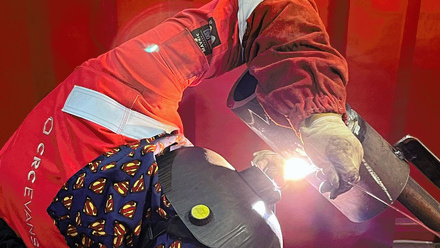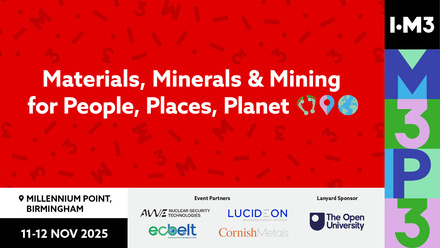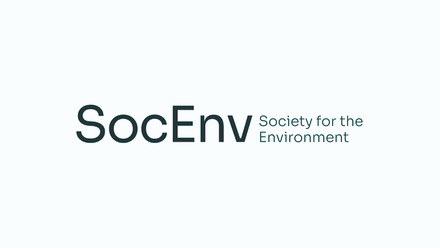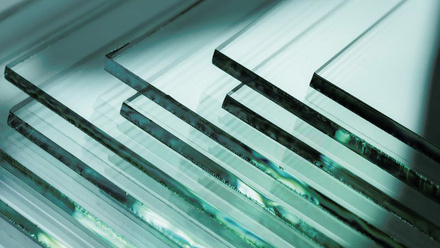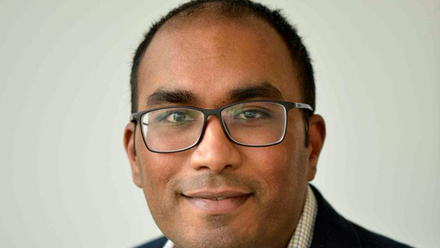EPFL to aid refugee education
EPFL research centre in Switzerland is launching an education programme designed specifically for migrants and refugees.
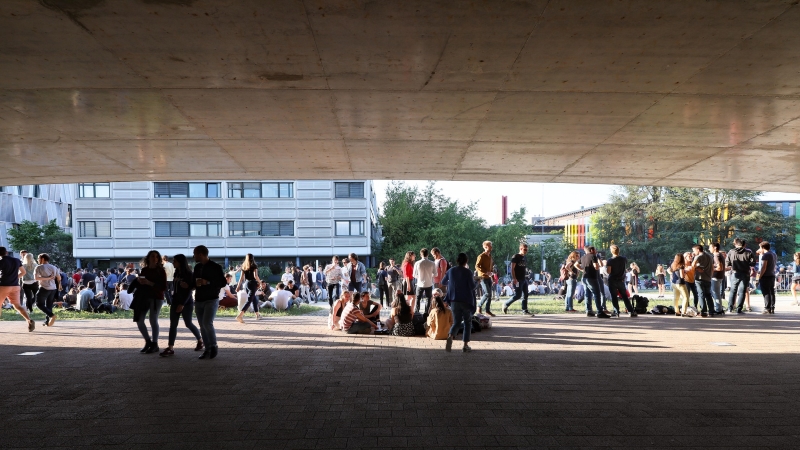
LCMS-3 focuses on learning French and integrating into the EPFL community. In this picture is the event Vivapoly dedicated to the whole EPFL community.
© Alain Herzog 2019 EPFLThe programme is called CMS-3. It will span three semesters and include classes to help participants learn French. The first cohort will begin in February.
CMS-3 is intended for people who had to flee their country and don’t have the academic qualifications needed for admission into an EPFL bachelor’s programme.
It will kick off with the start of the 2025 spring semester this February through a pilot project launched by EPFL and funded by a foundation.
Around 20 students will be admitted into the CMS-3 programme each year.
Applicants must have either filed for or been granted asylum in Switzerland and have a level of French that’s below B2.
While applicants do need to have a high-school level understanding of mathematics, they aren’t required to hold a high-school diploma (or equivalent).
The first semester of the CMS-3 programme is focused on acquiring the French language. It includes 16 hours of French classes per week given by teachers from EPFL’s Language Centre. Only 10 hours per week are initially devoted to mathematical analysis.
‘We want to ease students gradually into the mathematics part of the programme so that they have time to find their place in the EPFL community, which they can do by taking part in campus events and cultural activities,’ says François Genoud, the head of the CMS programme.
In the second semester, CMS-3 students will join the regular CMS programme that begins in the autumn (and runs for two semesters). They will take classes in mathematics, physics, computer science and chemistry, along with six hours of French language instruction per week.
Applications are now being accepted for this year’s CMS-3 track, with a deadline of 31 January. Participants will be selected based in part on an interview.
The CMS-3 track is free of charge for students, and those in need can apply for funding to cover programme-related costs such as for textbooks and commuting.
‘There are a lot of armed conflicts in the world today, which we can do very little about,’ says François Genoud, the head of the CMS programme. ‘But with CMS-3, we can provide concrete assistance to those affected. Personally, I find it very gratifying.’


